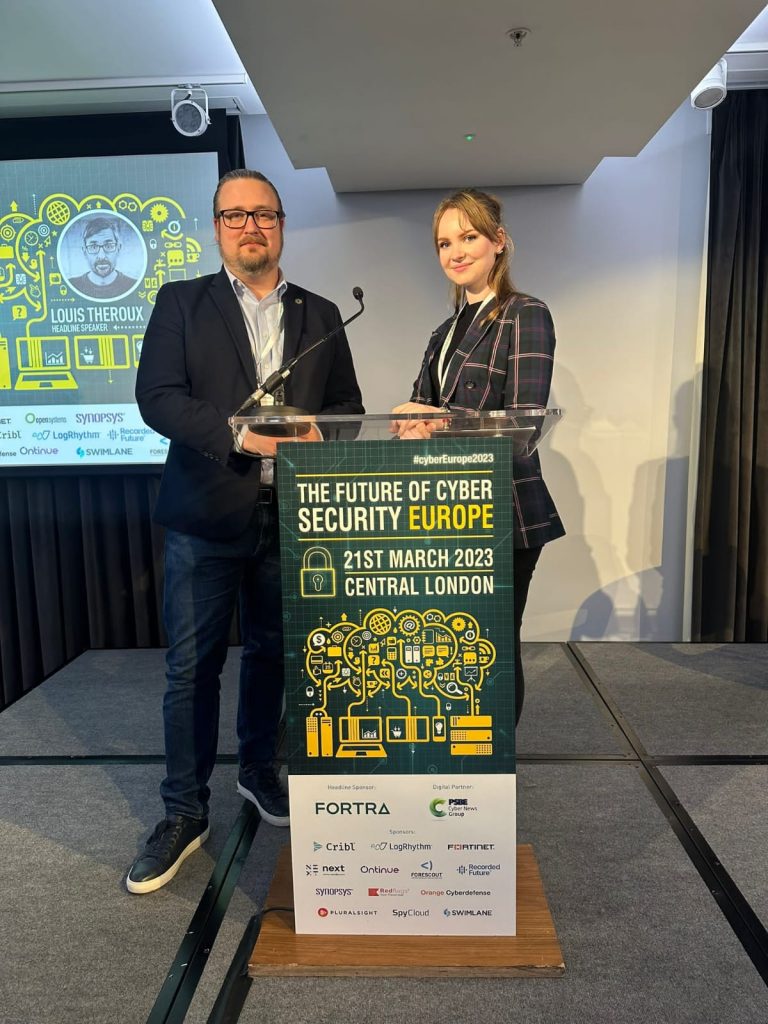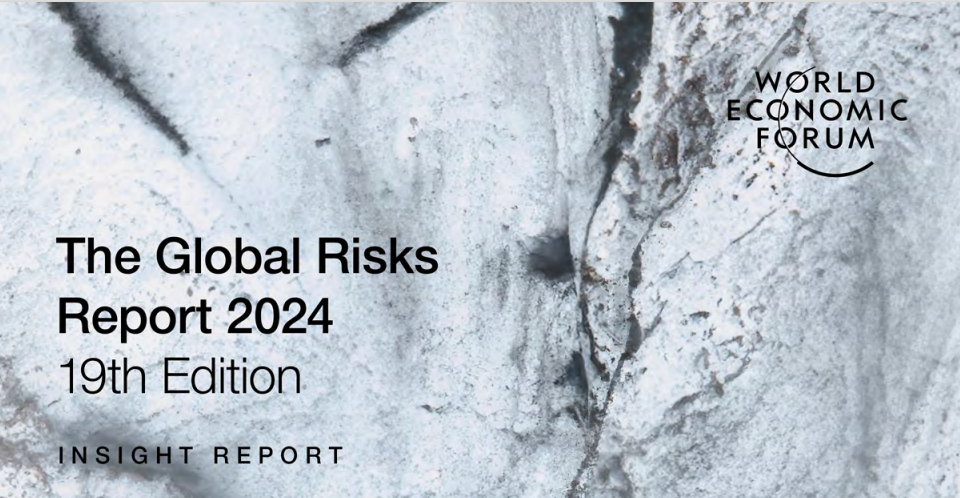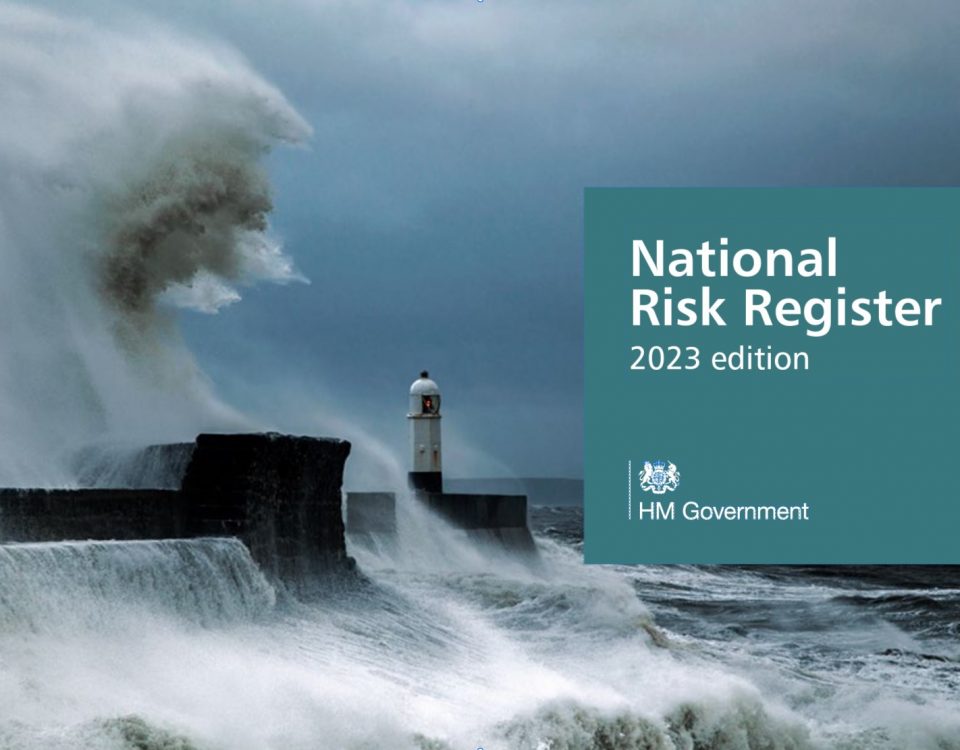Ensuring Business Resilience: Strategies for Supply

Industrial action
8th January 2023
Risk Management Insights
18th July 2023Good morning and welcome to our Horizon Scanning newsletter.
This month we have attended several events and conferences, including Continuity Insights in the USA, The Future Of Cyber Security Conference In London and the Make UK National Manufacturing conference. This included speaking at Continuity Insights Conference on Supply Chain Resilience: Avoiding the Domino Effect.


We are happy to
announce we have
achieved Cyber
Essentials
certification
Cyber Essentials helps guard against the most common cyber threats and demonstrate your commitment to cyber security. Below are some of the key benefits of being certified with cyber essentials.
Certified cyber security
- Reassure customers that you are working to secure your IT against cyber attacks.
- Attract new business with the promise you have cyber security measures in place.
- You have a clear picture of your organisation’s cyber security level
- Some Government contracts require Cyber Essentials certification
Our Toolbox has more on this, including event notes and some useful free tools to help support your business.
Thanks for reading, and stay safe.
Horizonscan are experts in risk and resilience. Click here for more on what we do.
Ensuring Business Resilience: Strategies for Supply
As we continue to navigate through unprecedented times, we want to emphasise the importance of risk management, especially regarding supply chain and cyber security resilience. These are two prominent areas being discussed within the risk management world, and several talks and seminars have focused on these topics.
As a leading risk management consultancy, we are committed to providing you with the latest insights and strategies to help you minimise your risks and protect your assets.
Supply Chain Resilience:
The COVID-19 pandemic has demonstrated the importance of supply chain resilience. The disruption to global supply chains has affected businesses of all sizes, causing delays, shortages, and increased costs. To ensure your business is prepared for any future supply chain disruptions, our experts have key considerations to supply chain resilience:
- Get Started – It is never too early or too late to start assessing your suppliers and vendors around resilience.
- Risk Assessment – Identify potential risks and vulnerabilities in your supply chain.
- Risk Mitigation – Implement strategies to minimise the impact of potential risks, such as alternative suppliers or contingency plans.
- Continuous Monitoring – Monitor your supply chain regularly to identify any new risks or vulnerabilities that may arise.
- Testing – Testing your plans and their effectiveness in supporting your supply chain in crisis is vital.
By implementing these strategies, your business can better prepare for future supply chain disruptions and minimise the impact on your operations.
Cyber Security Resilience:
In today’s digital age, adequate cyber security is essential for businesses of all sizes. Cyber-attacks are becoming more sophisticated and frequent, and a breach can result in significant financial losses, reputational damage, and legal consequences. Therefore, businesses must prioritise cyber security as a critical aspect of their operations. Cybercrime ranks at the top of several key risk reports, including Avivas risk insights report, The World Economic Forums Global Risk Report and the Allianz risk barometer.
Effective cyber security measures protect sensitive information and help maintain business continuity and build customer trust. By implementing measures such as risk assessments, employee training, and regular monitoring, businesses can minimise the risk of a cyber-attack and ensure their operations can thrive in the face of uncertainty. Customers expect companies to protect their data and privacy, and by demonstrating a commitment to cyber security, businesses can earn their trust, resulting in increased customer loyalty and repeat business.
Cyber-attacks are becoming increasingly sophisticated and expensive to deal with. The cost of a breach can be huge, often reaching millions of pounds. The average worldwide cyber-attack cost is estimated to be $10.5 trillion annually by 2025, up from $3 trillion in 2015. Cybercriminals are adapting their attack methods by targeting the human layer (the weakest link in cyber defence) through increased ransomware and phishing and social engineering attacks as a path to entry.
At Horizonscan, we are committed to helping you protect your business from potential risks and vulnerabilities. Our team of experts is always available to provide the latest insights and strategies to help you minimise your risks and protect your business.
Toolbox
There are several documents and resources relevant to the events we attended and spoke at, which might be worth browsing more fully:
- You can read and download more about The Future Of Cyber Security here.
- Here you can read more information about Continuity Insights in Minneapolis, where John Benfield attended as a speaker.
- The government recently released several handy free tools to help companies improve their cyber security, including SCaN modules. SCaN training empowers your staff to correctly identify suspicious activity and know what to do when encountering it.
- Make Uk have released its No Weak Links Supply Chain Report. The Make UK No Weak Links: Building Supply Chain Resilience report found that companies from the EU and further afield are now significantly more cautious about supplying to the UK.
- Our MD, Will Scobie, joined AVIVA, with whom we act as a specialist partner, to discuss Supply Chain Risk & Disruption.
- You can find out more about Cyber Essentials here.
Thought for the week:
“Resilience is not about avoiding risks, but about preparing for them. By assessing potential risks and vulnerabilities, implementing strategies to mitigate them, and monitoring them regularly, we can build resilience in our businesses and protect our assets from potential threats. Let’s commit to building resilience in our supply chains and cyber security systems to ensure our businesses can thrive in the face of uncertainty.”
John Benfield




